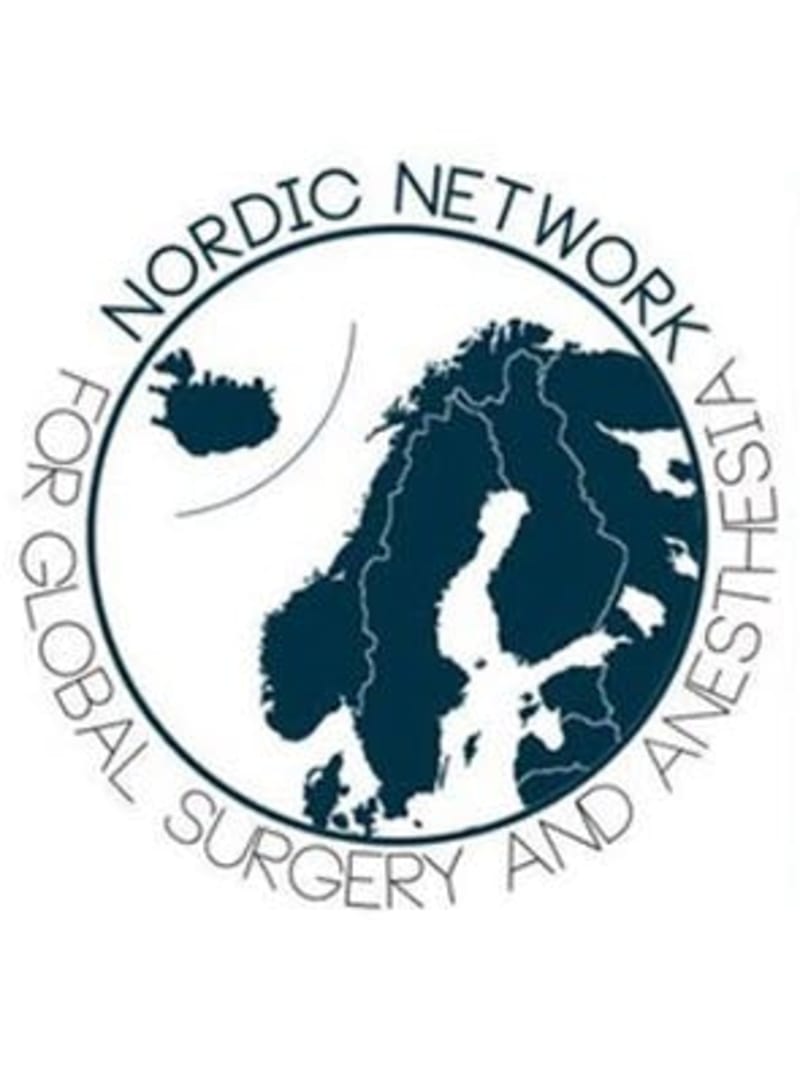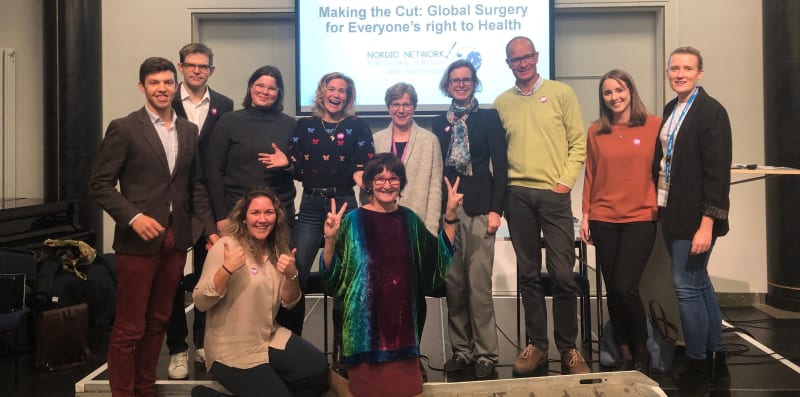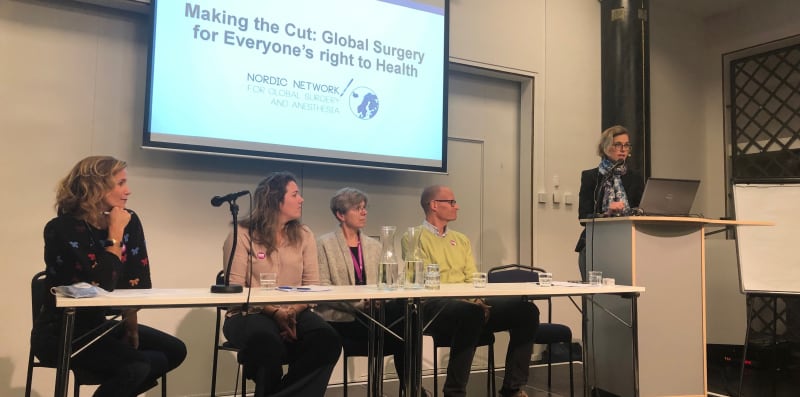
Health Global surgery – making the cut for everyone’s right to health | The Swedish Forum for Human Rights, 2019
He says the healing process starts at the door to the hospital. It is about being seen, understood, believed, and taken seriously.
He says the healing is not done when the surgery is successfully over.
It is a process and there are so many pieces to it: Medical care, mental health but also about rule of law and democracy.
Therefore, we can all act to improve access to good health care globally.

It is about knowledge, about sharing best practice, about caring and about being ready to listen. And daring to stand up against abuse of human rights.
I am of course talking about Dr Denis Mukwege, laureate of the Nobel peace prize in December 2018. Dr Mukwege has been my mentor since 2006. I had been working since 2001 on behalf of my home village Nakamtenga in Burkina Faso to secure basic human rights for the population. I did not choose it. My village was my home, and the ideas to the work were not mine.
The privilege that comes with the color of my skin and the fact that I was born in Sweden, made it possible for me to build the global network of competence that gives the Change Makers in my village the further training they need to keep on developing all the aspects of the welfare society we are developing.
When Dr Mukwege stepped into my life, the holistic work for wellbeing matched his theories from the Panzi hospital. The lessons we learned made us decide to create an organization to be able to expand the work, with the conviction we were creating something that would one day serve the world!
I was invited by the Nordic Network for Global Surgery and Anesthesia to talk with them in a panel at The Swedish Forum for Human Rights, 2019.
Surgery is not really my comfort zone when it comes to telling the story of our work. But I feel truly blessed to be among these talented, experienced and engaged surgeons and anesthetists. Together we are looking into the questions
- How can Sweden accelerate it’s work to ensure surgical, obstetric and anesthesia care is an integral part of health care globally?
- How can we work between different professions to ensure that we do not create another silo?
- How do we learn from projects from the Yennenga progress to build a sustainable ground to provide health care when needed?
This was a start to a very interesting work ahead. And I ended my speech with the story:
Two years ago as we had classes about menstruation for our 11-to 13 years old at our school in Nakamtenga. We had received beautiful “menstrual safe” panties that we could offer two to each of the girls. And we were super happy.
The day after one of our teachers came and told me that a parent had come to thank them. Their daughter was thrilled! Her comment was: I can even pee in them!
She was cut a couple of years ago, female genital mutilation, and it had made her incontinent. The smell, the shame and the difficulty to keep clean made it hard for her to take part of play and even school work. Today I see her in school every day, shining like a little star.
I have not been able to offer her the surgery she really needs; I can only ease a symptom with a pantie. But I hope one day my fellow speakers here will join us in Nakamtenga, to work with our local team in Burkina Faso, to heal and give these girls a future without pain and shame.
It is about everyone’s right to health
Stina Berge
Secretary General Yennenga Progress
